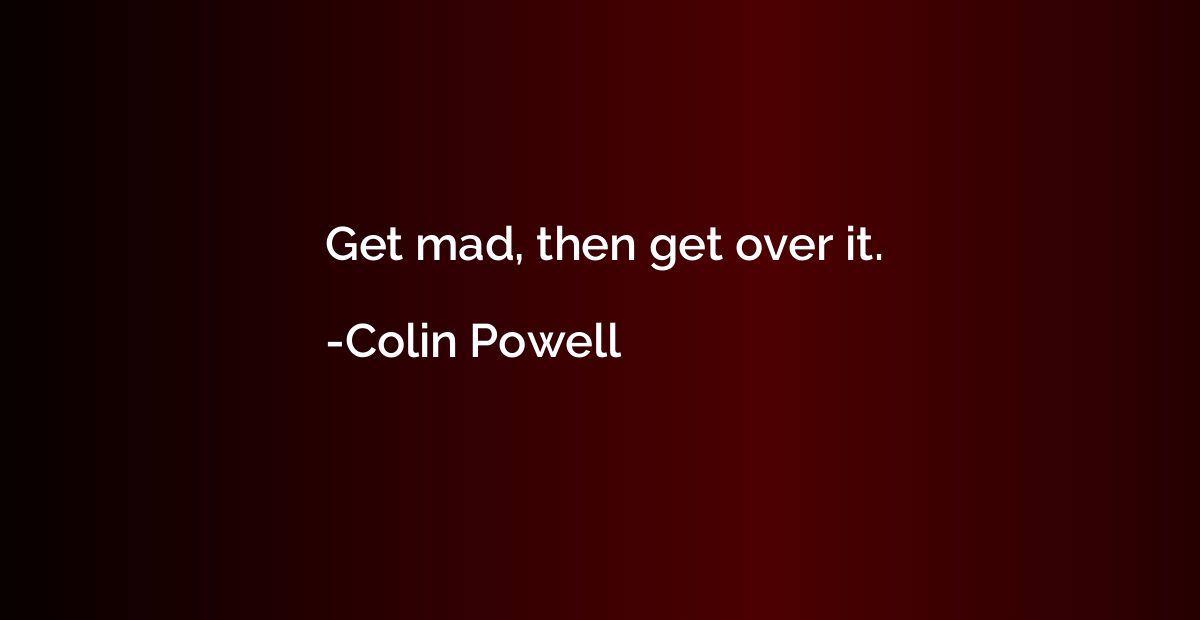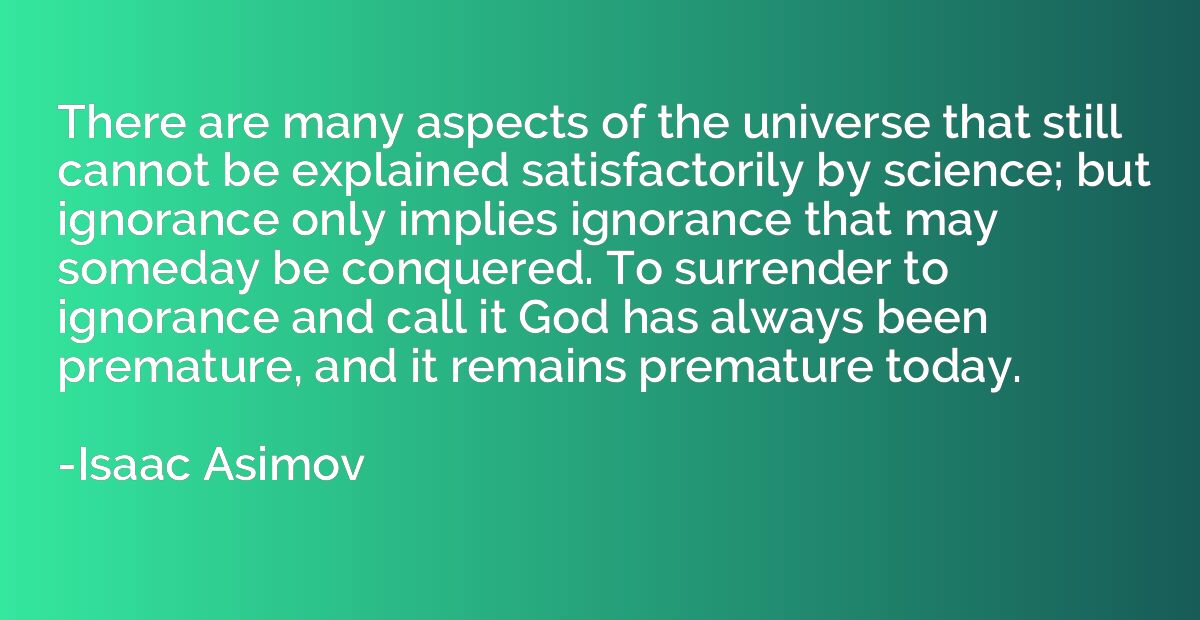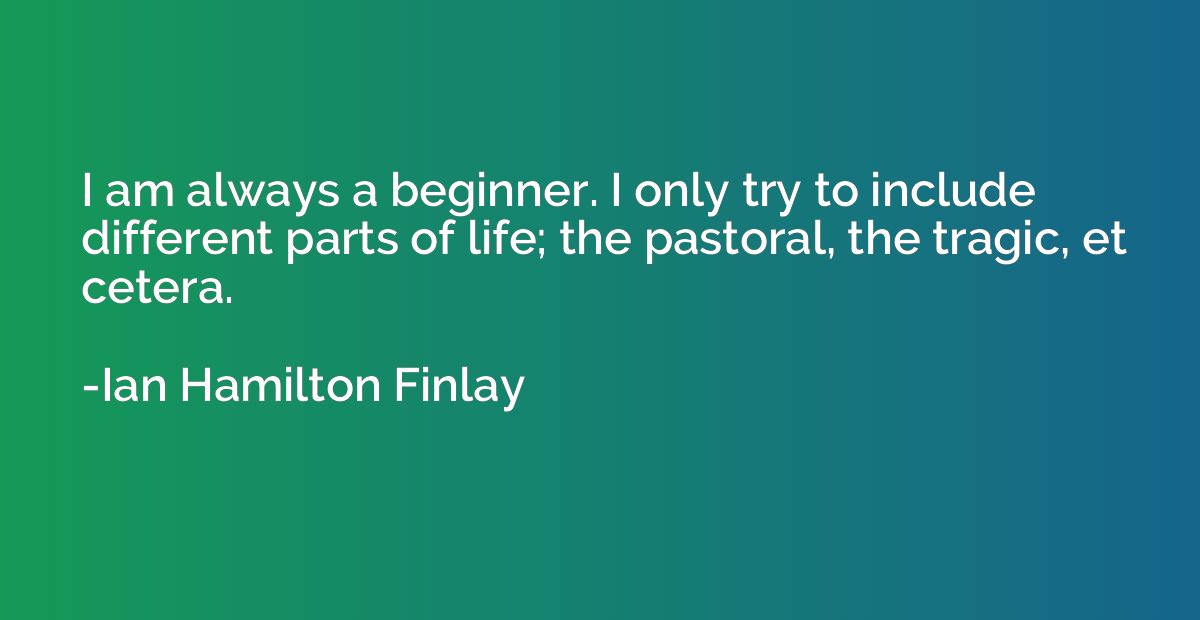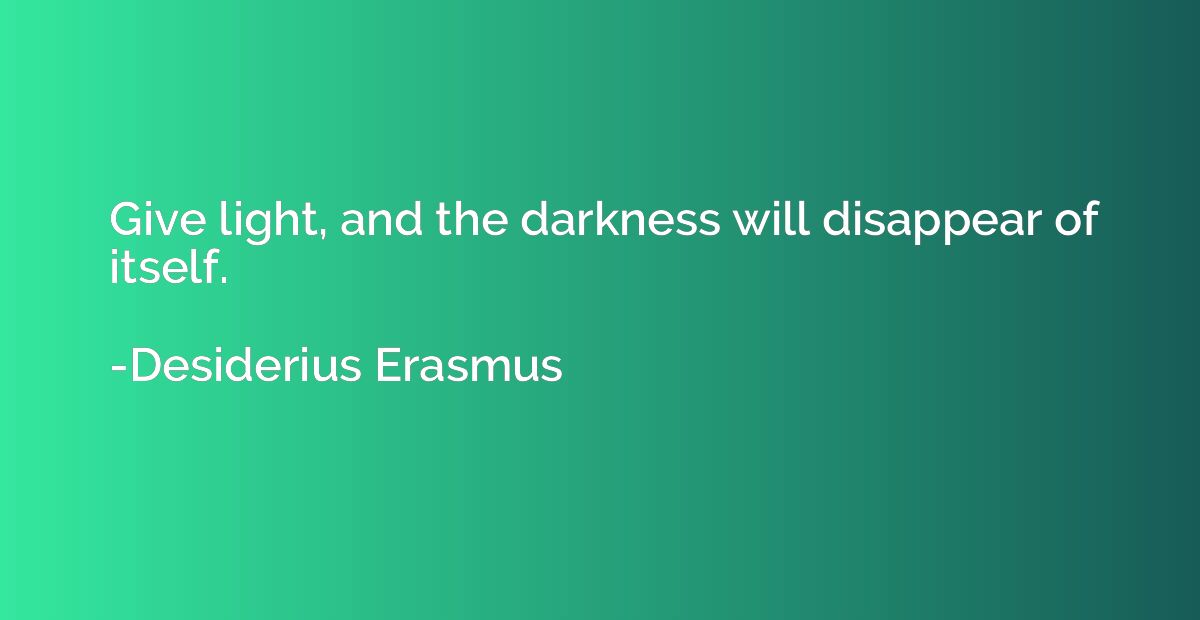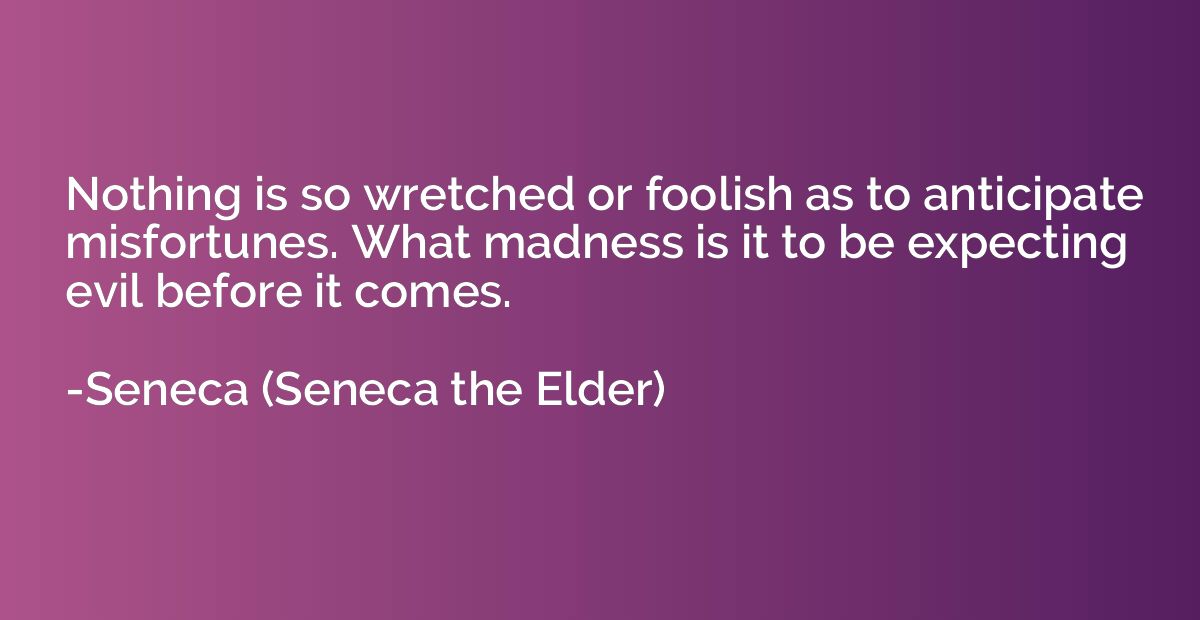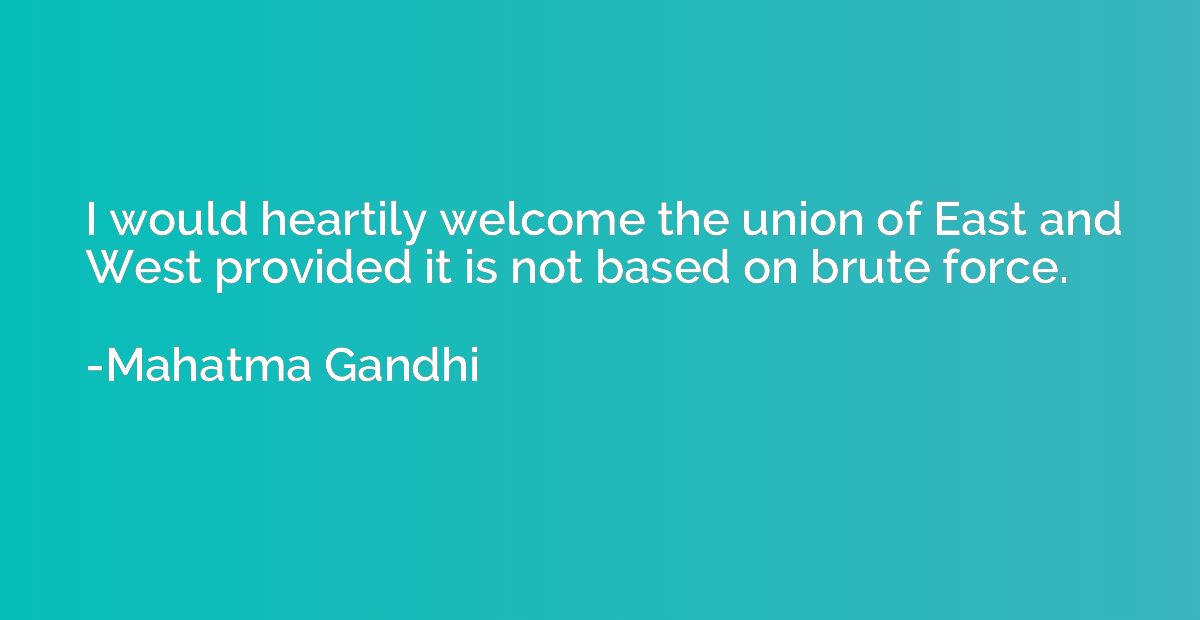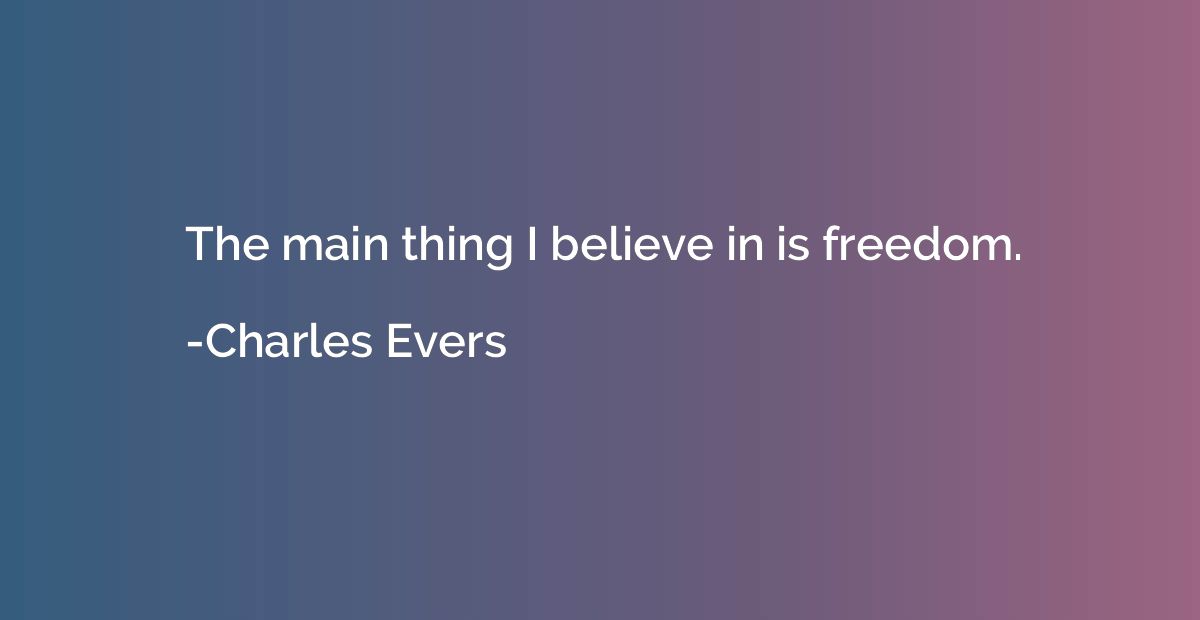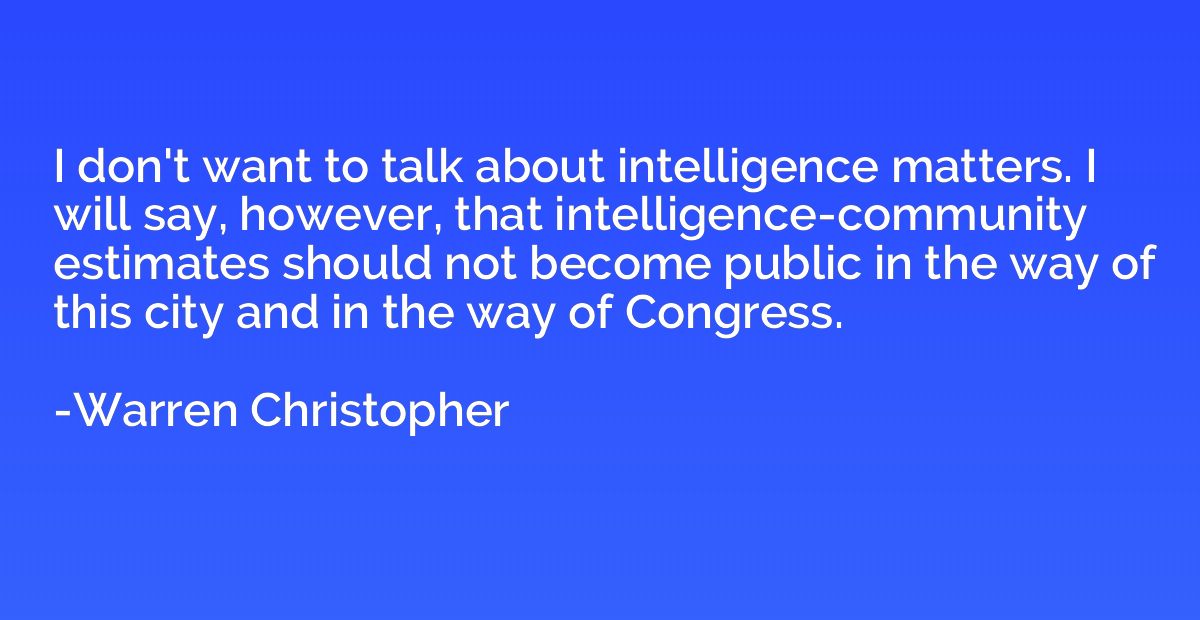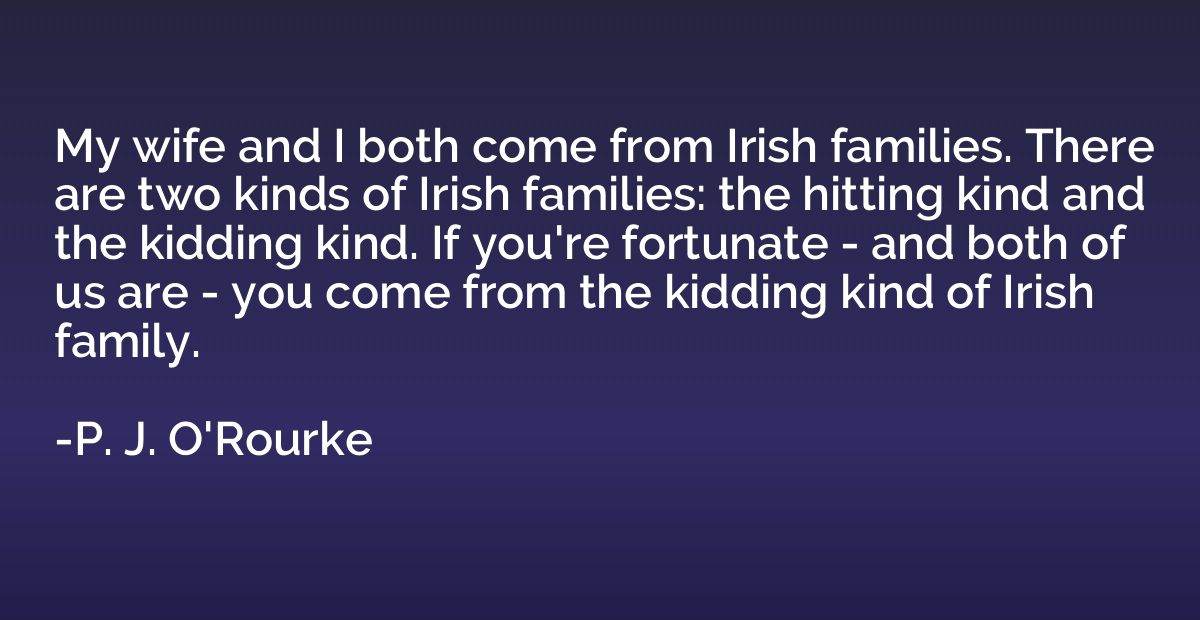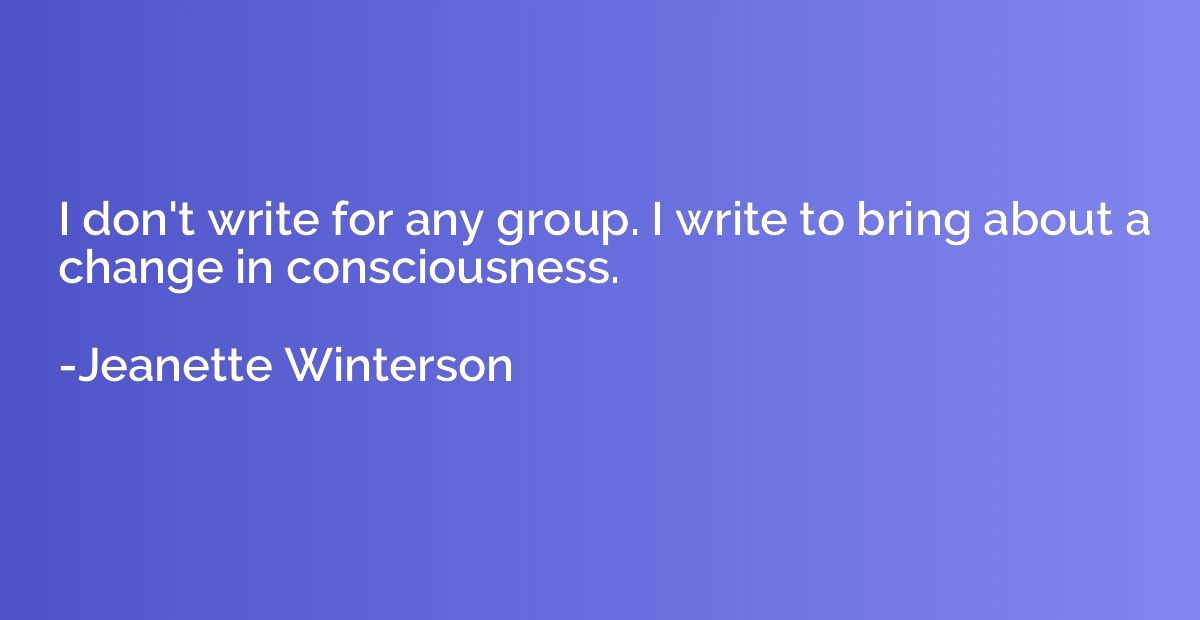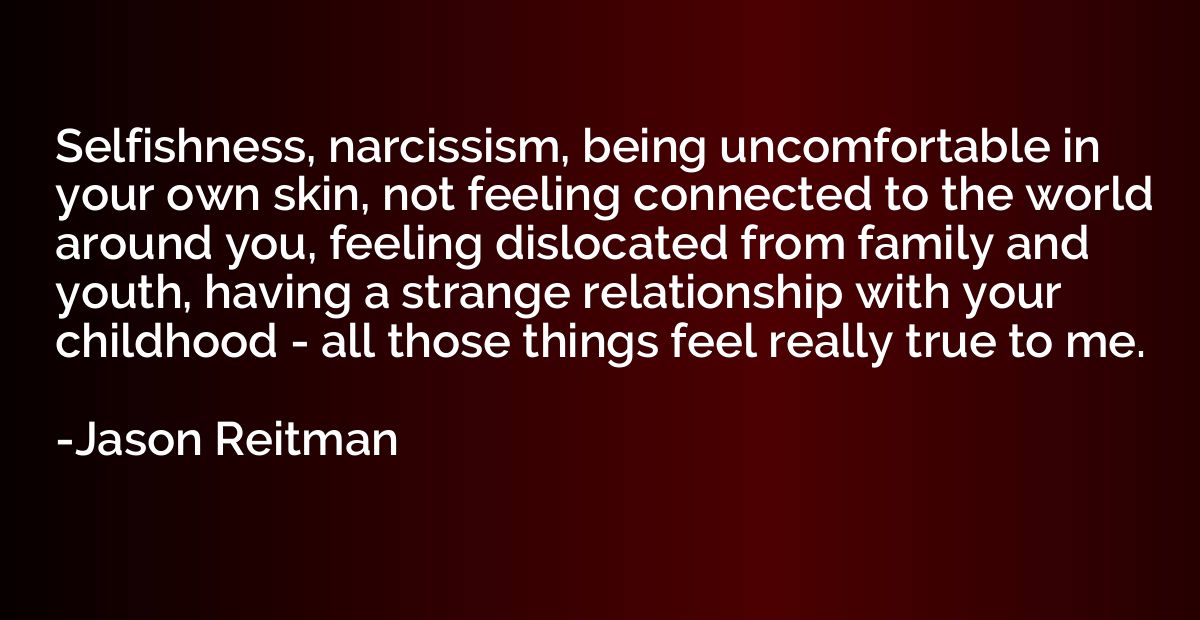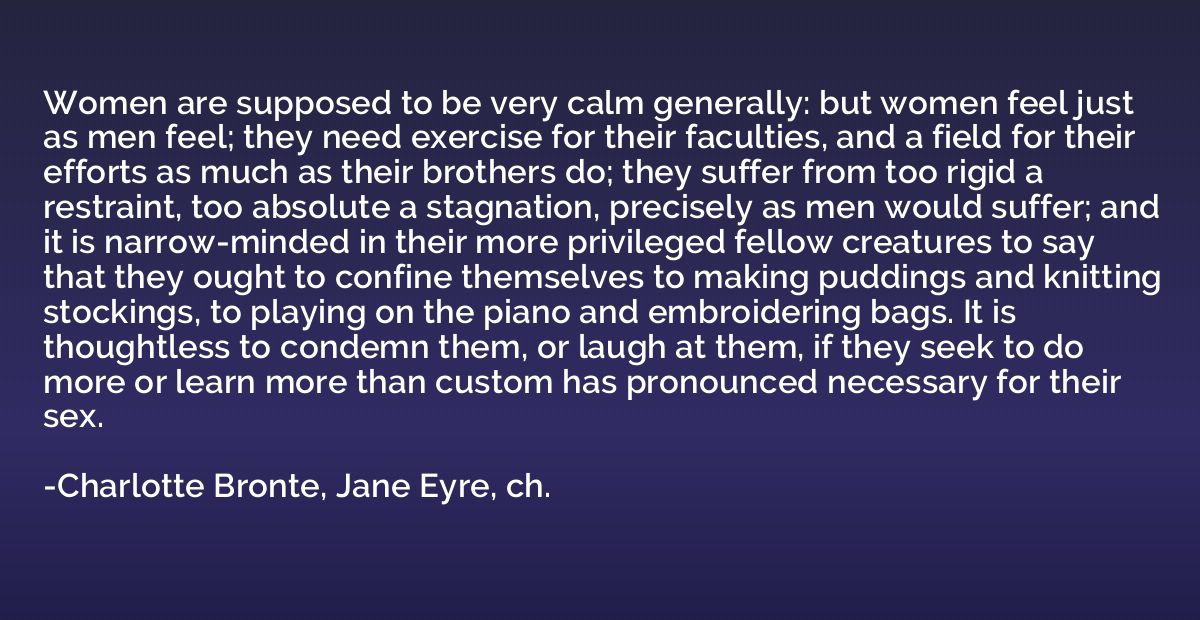Summary
This quote is a concise reminder to acknowledge our emotions fully but not to linger in negativity. It encourages us to allow ourselves to feel anger or frustration about a situation or event, but then advises us to move on from it. It emphasizes the importance of not letting anger consume us or drag us down for an extended period of time. Instead, it advises us to process our emotions and find a way to let go, fostering a mentality of resilience and resilience.
Topics
Anger
By Colin Powell
